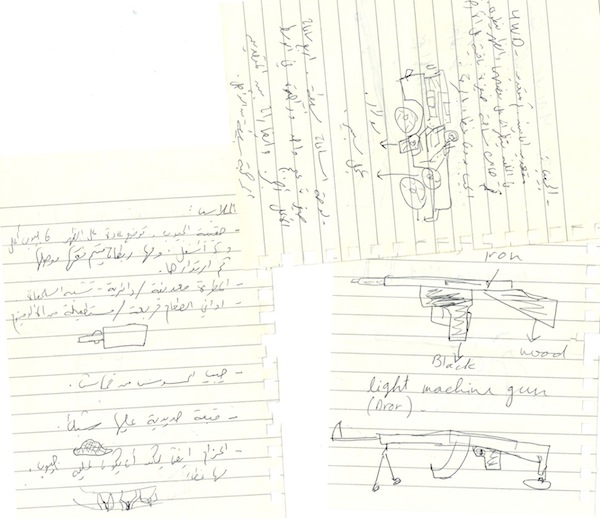

On her journey deep into the interior of Israel, we feel the paranoia and claustrophobia, the assaults on the idea of Palestinian autonomy. The woman leaves the West Bank to search for the girl’s burial location and soon contends with security checkpoints and hostile soldiers and informational dead ends.

Shibli artfully plays out the rest of the novel as a quest narrative. ” The terrible nature of the girl’s death, a minor detail in the history of the region, becomes a catalyst for the woman to investigate the case further. The woman surmises, “One cannot rule out the possibility of a link between the two events, or the existence of a hidden connection. The woman discovers the girl was killed on the same day as her own birthday, but twenty-five years before she was born. At work, she reads an article about the death of a girl in 1949. Early on, she muses, “Borders grant a person a sense of serenity, despite everything else.” Yet the woman is restless and unsatisfied. The unnamed narrator offers the reader unfettered access to her interior philosophical ruminations. The book’s second half is set decades later and follows a woman office worker in Ramallah. The buildup of dreamlike, haunting prose, which describes the soldiers’ lives in the desert and their patrols in the intoxicating heat, finally builds to the rape and murder of a Palestinian teenage girl, who is then buried in the sand. Written in two discrete sections, Shibli centers the first on an encampment of Israeli soldiers in the Negev Desert during the late summer of 1949. In her latest book-a short but powerful novel-Shibli interrogates a world of unstable and shifting boundaries and borders, from the Negev Desert a year after the 1948 war to a contemporary version of the tightly controlled lands of Palestine and Israel. ADANIA SHIBLI’S THIRD novel, Minor Detail, cements her position among the top ranks of Palestinian novelists working today. In lieu of an abstract, here is a brief excerpt of the content:Īdania Shibli Minor Detail Trans.


 0 kommentar(er)
0 kommentar(er)
